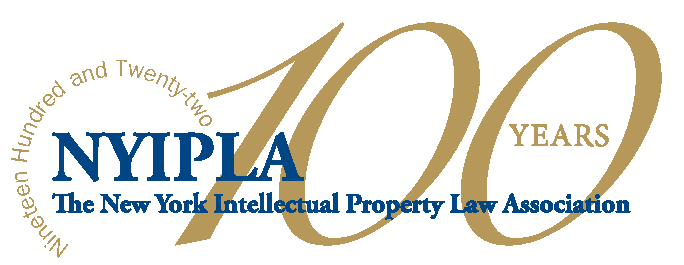NYIPLA Files Amicus Brief in American Axle Asking Supreme Court to Address Patent-Eligible Subject Matter
On January 25, 2020, the New York Intellectual Property Law Association (“NYIPLA”) filed an amicus brief urging the U.S. Supreme Court to grant a writ of certiorari in American Axle & Manufacturing Co. Inc. v. Neapco Holdings LLC, No. 20-891. See Brief of New York Intellectual Property Law Association as Amicus Curiae in Support of Petitioner, available HERE.
In this case, a Federal Circuit panel affirmed the district court’s finding that the asserted claims, directed to methods for manufacturing an improved driveshaft for an automobile, were ineligible as they invoked “nothing more” than a natural law, “Hooke’s Law”. An equally divided (6-6 split) Federal Circuit denied rehearing en banc.
Although the NYIPLA offered no opinion on the merits of the claims at issue, it asked the Supreme Court to accept the petition and address the following questions presented by Petitioner American Axle:
1. What is the appropriate standard for determining whether a patent claim is “directed to” a patent-ineligible concept under step 1 of the Court’s two-step framework for determining whether an invention is eligible for patenting under 35 U.S.C. § 101?
2. Is patent eligibility (at each step of the Court’s two-step framework) a question of law for the court based on the scope of the claims or a question of fact for the jury based on the state of the art at the time of the patent?
In its brief, the NYIPLA urged the U.S. Supreme Court to grant certiorari to clarify the law of patent eligibility, since, despite the plain and clear language of Section 101 of Title 35, there are conflicting interpretations of Supreme Court precedent on patent-eligible subject matter.
Counsel for the NYIPLA on the brief include Charles R. Macedo, principal counsel, David P. Goldberg and Chandler E. Sturm from Amster, Rothstein & Ebenstein LLP, Colman B. Ragan, President of the New York Intellectual Property Law Association, Robert M. Isackson and Melvin C. Garner from Leason Ellis LLP, Robert J. Rando from Taylor English Duma LLP, Thomas Landman from Wiggin and Dana LLP, William J. Thomashower from Pryor Cashman LLP, Kathleen Waybourn from the Law Office of Kathleen A. Waybourn, and Ksenia Takhistova.
